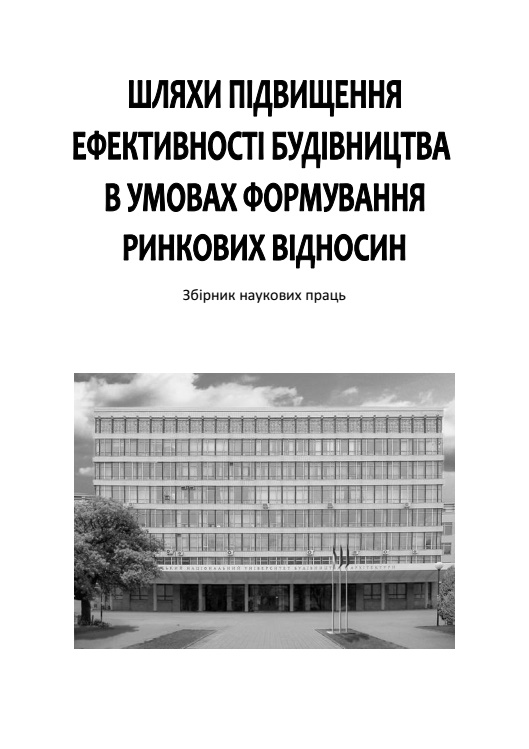Організаційно-технологічні основи вдосконалення планування реалізації об`єктів будівництва
DOI:
https://doi.org/10.32347/2707-501x.2014.31.59-62Keywords:
organizational and technological training, controlling, project planning, resursy, cost.Abstract
Grounded methodology of concept and controlling, allowing relying on them to improve the management system construction projects, particularly in organizational and technological training.
References
Мухин О.И. Решение задач оптимального управления на обобщенной динамической модели структурно перенастраиваемого дискретного производства // Приборы и системы. Управление, контроль, диагностика. – Научтехлитиздат. 2005. – № 24. – 53 с.
Панченко И.С. Построение модели инновационно-производственной системы. // Информационные технологии в образовании, науке и производстве: сборник трудов IV международной конференции. – Серпухов, 2010. – № 13. – 29 с.
Матвейкин В.Г., Дмитриевский Б.С., Панченко И.С. Построение графа состояний функционирования инновационно-производственной системы // Системы управления и информационные технологии. Воронеж – 2011. – № 31. – 13 с.
Паршева Е.А. Модифицированный алгоритм адаптации высокого порядка для децентрализованного управления многосвязными объектами с запаздыванием по состоянию // Проблемы управления. М.: - 2008. – № 19. – 44 с.
Downloads
How to Cite
Issue
Section
License
Copyright (c) 2020 О. Тугай, Ю. Чуприна, М. Горбач

This work is licensed under a Creative Commons Attribution 4.0 International License.
Authors who publish with this journal agree to the following terms:
- Authors retain copyright and grant the journal right of first publication with the work simultaneously licensed under a Creative Commons Attribution License that allows others to share the work with an acknowledgement of the work's authorship and initial publication in this journal.
- Authors are able to enter into separate, additional contractual arrangements for the non-exclusive distribution of the journal's published version of the work (e.g., post it to an institutional repository or publish it in a book), with an acknowledgement of its initial publication in this journal.
- Authors are permitted and encouraged to post their work online (e.g., in institutional repositories or on their website) prior to and during the submission process, as it can lead to productive exchanges, as well as earlier and greater citation of published work (See The Effect of Open Access).

